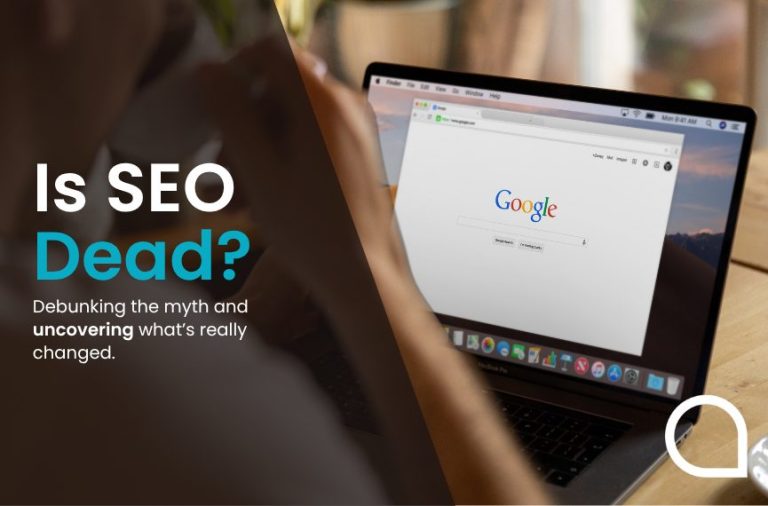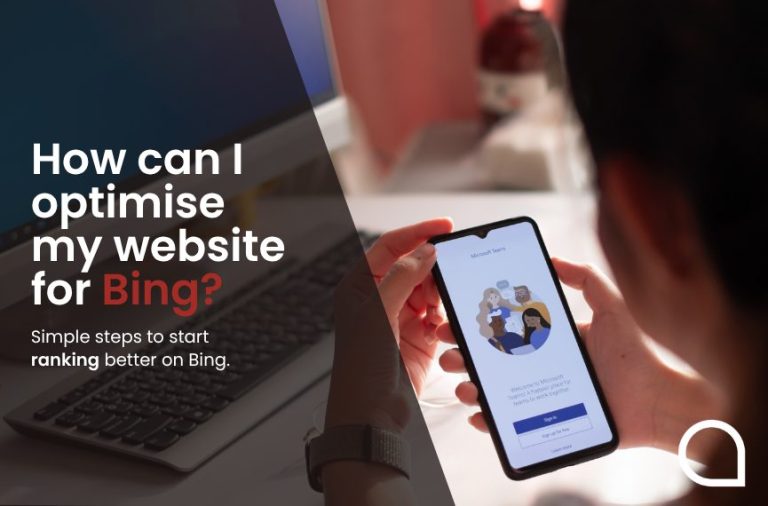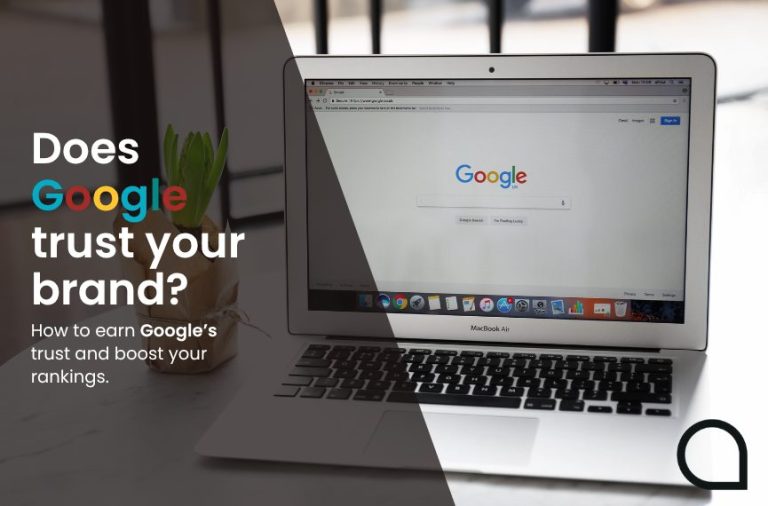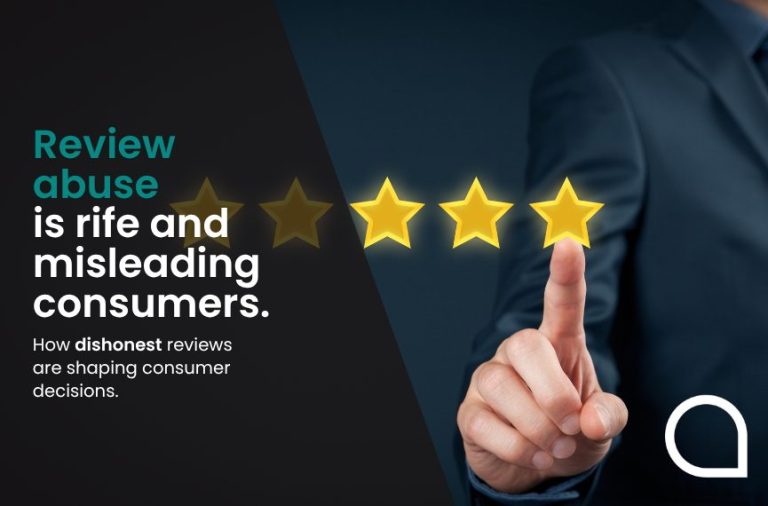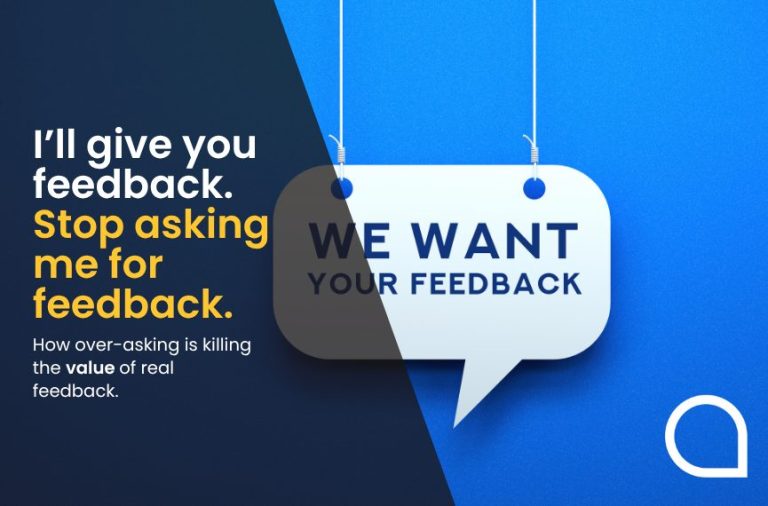Contents
It’s no secret that every business needs new customers to grow.
Cue, the importance of lead generation.
Whether you’re a B2B or B2C business, lead generation can play a vital role in ensuring your products or services are being advertised to the right people, and are therefore more likely to be purchased or hired.
However, actually creating and executing a successful lead generation strategy can be daunting – no matter the size or scale of your business.
Not only do you have to find the most effective ways to qualify and attract your target customers, but you also have to keep them engaged and then convert them.
On a large scale, it’s easy to see how lead generation can feel particularly impossible, but it doesn’t have to be this way.
In this helpful guide, we explain how you can utilise lead generation marketing to help you attract new customers and sales opportunities.
So, what is lead generation? Let’s dive right in!
What is lead generation?
Lead generation is simply the process of attracting and engaging consumer interest for a product or service and then turning this interest into a sale.
It therefore focuses on identifying and targeting potential customers that are most likely to purchase your products or services.
While not all leads are the same and various types exist, such as cold, warm, and qualified leads, a good ‘lead’ is typically considered to be a person or business that already has an interest in the company’s product or service.
Often, businesses spend so much of their time and resources marketing their offerings to a broader audience which includes a large proportion of individuals that simply aren’t interested in their products or services.
Lead generation efforts take a more focused approach.
With lead generation, you can increase the chances of potential customers converting by ensuring you’re only nurturing relationships with credible leads.
As a result, lead generation can be a cost-effective and results-driven exercise for a wide range of businesses.
Is lead generation hard?
Unfortunately, executing a good lead generation strategy can be tough for all kinds of businesses.
In fact, according to HubSpot’s State of Marketing Report for 2024, a significant 61 per cent of marketers surveyed believe that generating traffic and leads is their biggest challenge.
Despite that, lead generation can be crucial to the success of many businesses, so learning how to identify and generate solid leads is an essential skill.
How do you attract leads?
Fortunately, when it comes to actually attracting leads, there’s a long list of both online and offline marketing activities you can explore, including:
- Website creation and Search Engine Optimisation (SEO)
- Content – blogs, guides, and product pages
- Paid media and advertisements – like Pay-Per-Click (PPC) Ads
- Social media platforms
- Email marketing campaigns
- Print or broadcast advertising
- Sales calls
- Event marketing
- Networking events
To learn more about how you can start generating effective leads, simply carry on reading or give our friendly digital marketing team a call today on 0800 285 1424.
How do you pick a lead generation niche?
The right marketing avenues for lead generation will naturally vary depending on the nature of your business and the industry you operate within.
As a result, you’re likely to see more success with some activities than others, and should prioritise the channels that are most effective for your company.
While no business likes to waste money and resources, this is often a process of trial and error.
You should therefore regularly review the performance of your various lead generation channels to help determine whether they’re still delivering the expected results or a change in approach is required.
How long does it take to generate leads?
There’s no set timeline for generating leads.
Some take a matter of weeks or a few months, while others can take years before they really engage with your business and its offerings.
Although you can speed up this process by purchasing leads from a dedicated lead generation company, this may not be the best idea.
Is it worth it to pay for leads?
Considering paying for your leads rather than creating your own lead generation marketing strategy?
Some lead generation businesses allow you to pay a fixed price for every lead acquired on your behalf, which is known as the ‘Pay Per Lead’ model.
The main advantage of paying for leads is that you’ll save the time, effort, and money involved in generating your own leads, allowing your team to focus on other areas of your business, such as customer service.
However, the onus will still be on your team to nurture and convert those leads into customers.
Not to mention, your business may be marked as spam when you reach out to purchased leads, typically by email or phone, if they haven’t heard of your products or services.
The more people do this, the more likely it is your business will be marked as ‘suspected spam’ and automatically sent to junk folders or blocked, resulting in both a loss of credibility and reputational damage.
In most cases, it’s therefore preferable for many companies to generate their own leads via more authentic means.
How do I start getting leads?
With a wide range of lead generation methods to explore, it can be a challenge knowing where to start.
Fortunately, we can help.
Why not try implementing some of the top three tips and tricks below to start getting leads for your business?
Build your credibility and trustworthiness
Positioning yourself as a credible and trusted source of information is the first step to good lead generation.
After all, everyone wants to talk to someone that’s an expert in their respective field.
Instead of simply building up knowledge about your particular service or product, dig a little deeper.
Conduct market research and explore the industry as a whole, so you can help potential customers make a more informed decision when it comes to finding the best solution to their problem.
Even if your product or service isn’t right for the person or business you’re speaking with, guiding them towards a more effective solution to meet their particular needs can help build your trustworthiness and encourage them to send more suitable customers your way.
You can also boost your credibility by speaking as an industry expert at conferences, creating and sharing helpful thought leadership content, and improving your brand awareness.
Network. Network. Network.
Whether online using platforms like Facebook and LinkedIn or in-person at conferences with other local businesses, it’s important to make a name for your company by raising awareness about who you are and the problems your products or services can solve.
Online social media platforms like LinkedIn can be especially useful for connecting with businesses and individuals around the world, while local networking events can help you to connect with other organisations in your area and form mutually-beneficial relationships.
If networking online, always open with a personalised message and ensure you provide some kind of call for action or incentive for them to interact with you, such as ‘please send me a message today to arrange your free consultation’.
For in-person meetings, hand out clear business cards with all your relevant contact and business details, but don’t forget to form a real, human connection first by trying to understand the specific needs of the individual or business that’s in front of you.
Even if you can’t help them right now, they could become an invaluable lead later down the line.
Whether they send referrals your way or decide to do business with you themselves, supporting or guiding them in any way you can is recommended.
Nurture relationships with past referrals
Staying in touch with past referrals, even after they didn’t purchase your service or product when you initially made contact years ago, can be essential.
Over time, the needs of the business or individual that you wanted to convert into a customer will often change, which can work in your favour.
For example, if you provide international delivery solutions for global companies, your services won’t appeal to smaller businesses yet to offer delivery to their customers.
However, once they begin to grow and the demand for delivery increases, your name should be the first that comes to mind thanks to the relationship you’ve built.
To achieve this rapport, it’s important to schedule regular check-ins to find out more about their goals and get in touch whenever you discover information that could be useful to them.
How do you generate leads without a website?
If you’re trying to generate leads for your business without a website, then you should consider utilising social media platforms, like LinkedIn, Facebook, Instagram, and even TikTok, to help your online audience learn more about your business, products, and services.
While generating leads without a website is possible, we always recommend creating a website, even if it’s only a very basic website, to help increase your credibility and attract new customers.
Often, good lead generation also involves sending potential customers to a dedicated website landing page.
Why am I not generating leads?
You could have created the very best product or service, but if you’re not generating new leads, your business simply can’t grow.
To remedy this, we explain some of the most common reasons that your lead generation tactics could be failing, such as:
No clear target audience
Often, one of the biggest causes of ineffective lead generation is broadening your target audience too far.
While this may seem counterintuitive, trying to make your product or service appeal to everyone can mean you fail to connect with your real target market.
Instead, determine a clear target audience by identifying the specific problem that your product or service is solving.
Once you know exactly who you’re looking for, lead generation becomes far easier because all your marketing efforts, including your messaging and branding are aimed at this one group.
No incentive for audience to become leads
Attracting your target market is one thing, but transforming them into a lead that’s willing to give you their contact details is quite another.
Nowadays, encouraging potential customers to become a lead typically requires some kind of irresistible incentive that’s tailored to your target audience.
Failing to include this valuable incentive (also known as a ‘lead magnet’), be it a trial subscription or free quotation, means your lead generation could take a hit.
At Aqueous Digital, for example, we offer free consultations and website health checks in exchange for just a few basic contact details!
Minimal or inconsistent marketing
Some businesses rely on only a few or more traditional marketing activities to generate leads, such as word-of-mouth marketing and referrals.
However, these marketing avenues are generally outside of your control and can therefore lead to reduced lead generation.
Exploring new and different marketing strategies is essential to connecting with your target audience and generating new leads.
A combination of content marketing, social media, SEO, paid advertisements, and email marketing can all help to generate more consistent leads for your business.
Poor or non-existent online presence
Regardless of whether you can sell your products or services online, having a poor or non-existent online presence isn’t doing you any favours when it comes to lead generation.
Even if your business, product, or service has been recommended by word-of-mouth, without a website to back up this referral, potential customers may struggle to trust you.
Naturally, the only way to fix this issue is by building a user-friendly website or giving your existing website a refresh.
A search engine optimised website with a good user experience, strong messaging tailored to your target audience, and fresh content is essential to boosting your lead generation efforts.
Lack of local SEO
Is your business based in a specific location?
If so, you shouldn’t underestimate the power of local SEO when it comes to lead generation.
By failing to optimise your content and website for location-based keywords, you could be missing out on a significant number of local leads.
To remedy this lead generation issue, we recommend creating and implementing a content strategy that’s specifically aimed at your local audience.
A digital marketing agency, like Aqueous Digital, can support you with this or you can undertake your own keyword and competitor research by utilising SEO tools like SEMrush, Ahrefs or Moz.
Generate more leads with Aqueous Digital
For expert support with lead generation for your business, don’t hesitate to contact the experienced digital marketing professionals at Aqueous Digital.
Our award-winning agency has helped countless companies to attract more customers and boost their conversion rates.
To find out more about our services, simply give us a call on 0800 285 1424.
You can also get in touch by emailing us at hello@aqueous-digital.co.uk – however you choose to reach out, we look forward to hearing from you soon!
